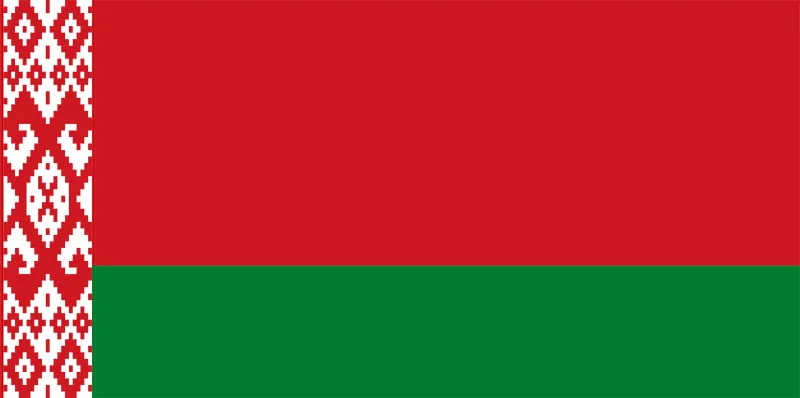New York, 27 September 2023 (TDI): Belarus has sounded a dire warning about the devastating impact of sanctions imposed on Belarusian potash fertilizers on global food security.
In a letter addressed to the United Nations Secretary-General, Valentin Rybakov, the Permanent Representative of Belarus to the United Nations (UN), called attention to the critical issue and urged immediate action to address the alarming consequences.
Belarus has long been a significant contributor to global food security by exporting agricultural products and food to over 100 countries worldwide.
However, the unilateral coercive measures imposed by Western countries are taking a heavy toll on this vital aspect of global stability. One of the key concerns raised in the letter is the affordability of fertilizers.
Reports from the Food and Agriculture Organization (FAO) and the International Food Policy Research Institute (IFPRI) have highlighted that despite falling prices, fertilizer affordability remains a serious issue, particularly in lower-income countries, including those in sub-Saharan Africa.
These high prices are exacerbated by the cost of shipping and logistics, further straining the accessibility of fertilizers to farmers.
The situation is particularly grim in African countries, where representatives confirmed the high prices of fertilizers during the United Nations Food Systems Summit +2 Stocktaking Moment in July 2023.
These high prices significantly limit farmers’ access to essential fertilizers, at a time when millions of people in the region are facing hunger.
Potash fertilizer prices in Europe remained exceedingly high for a prolonged period in 2022, far above historical levels. Even though prices have decreased slightly, they still remain unaffordable for many farmers, particularly in African nations.
Belarus’s role in Africa’s potash markets is also emphasized in the letter. In 2021, Belarus exported 683,000 tons of potash fertilizers to African countries, accounting for 38 percent of total exports to the region.
The Belarusian Potash Company (BPC) played a critical role in supplying potash to several African nations.
However, recent data indicates a significant decline in potassium chloride imports following sanctions on Belarusian potash, potentially worsening food security in these countries.
Potash is a vital nutrient for crop growth, directly impacting productivity and crop yield. It also increases plant resistance to various stresses, including climatic factors like drought, high temperatures, and pests.
The current shortage of potash fertilizer on global markets threatens to reduce crop yields, which could lead to higher food prices.
Belarus calls for the rejection of unilateral coercive measures against Belarusian potash, which not only jeopardize global food security but also violate international obligations, including those within the framework of the 2030 Agenda for Sustainable Development.
These sanctions are also seen as conflicting with the principles of the United Nations Charter and relevant General Assembly resolutions.
Belarus’s plea to address the crisis affecting global food security is a call to action for the international community to reconsider the impact of sanctions and work together to ensure that essential agricultural resources remain accessible to all, especially in regions where food security is already precarious.
Also read: Belarus, Pakistan economic ties focused at Gomel Economic Forum
The Diplomatic Insight is a digital and print magazine focusing on diplomacy, defense, and development publishing since 2009.








